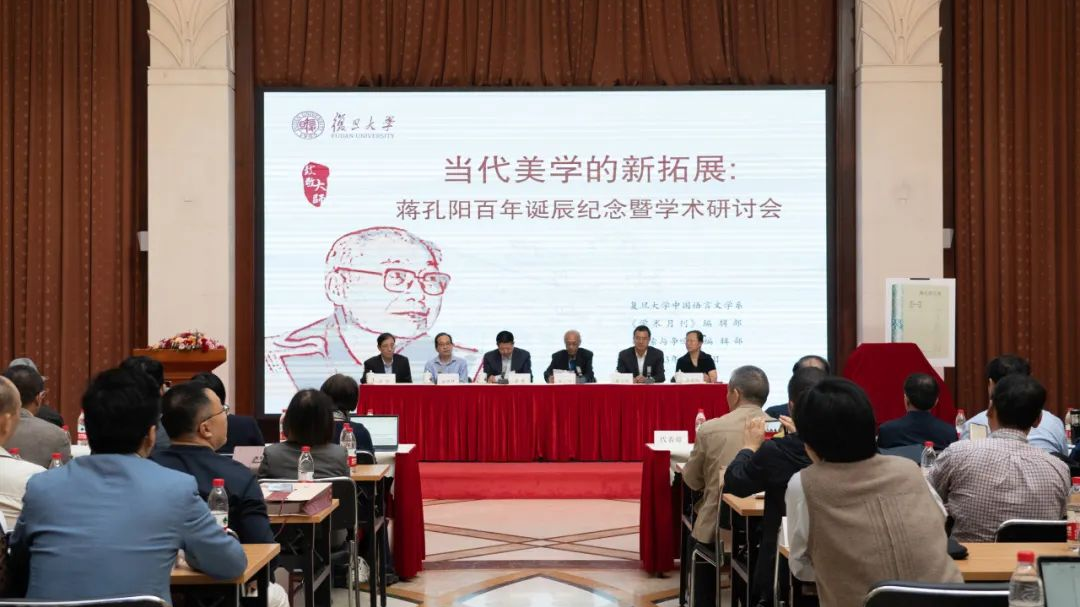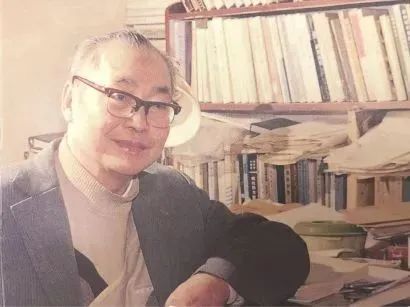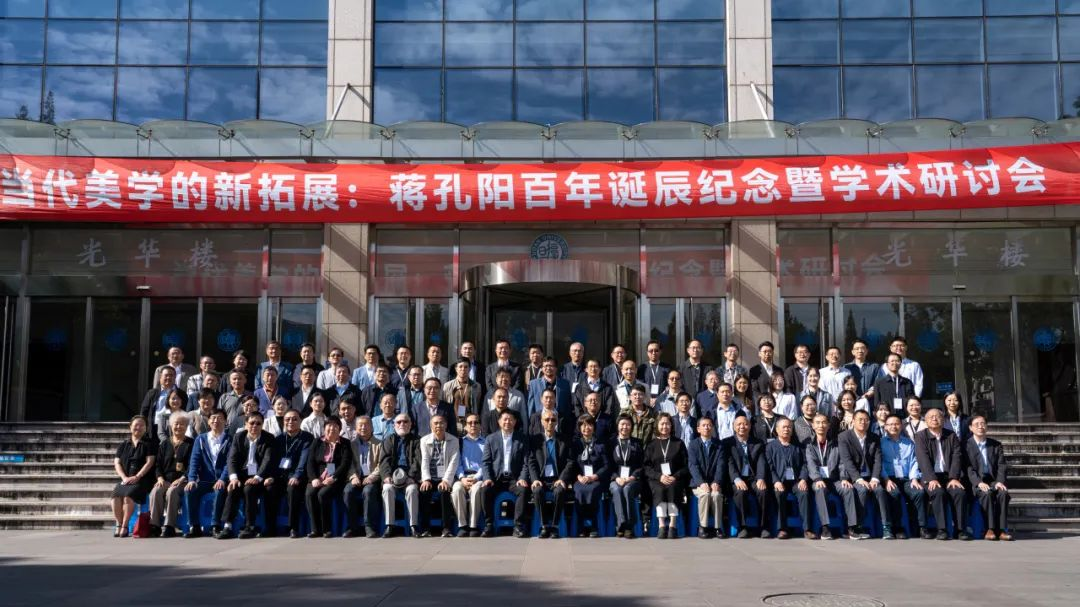Commemoration of the Centenary of Jiang Kongyang's Birth and the Academic Seminar on the New Expansion of Contemporary Aesthetics Convened
“Humans are the beauty of the world.” This is a widely-known proposition put forward by Jiang Kongyang, a famous contemporary aesthetician and literary theorist, in the New Theory of Aesthetics. Jiang Kongyang, a master of practical aesthetics and creative aesthetics, was an outstanding representative of China's third generation of aestheticians, and the earliest scholar to teach aesthetics courses in Chinese universities. He was honored as a scholar “who represents the highest level of contemporary Chinese aesthetics research”.

This year marks the centenary of Mr. Jiang Kongyang's birth. On October 28th, Fudan University, in collaboration with Academic Monthly, hosted a commemorative event and academic seminar on the occasion of the centenary of Jiang Kongyang's birth. This event also featured the unveiling of the Complete Works of Jiang Kongyang (Supplementary Volume).
During his professorship at Fudan University, Jiang Kongyang taught courses such as Introduction to Literature and Art and Western Aesthetics. Meanwhile, he published several monographs widely considered his highest academic achievements, such as On the Aesthetic Thoughts of Pre-Qin Music, German Classical Aesthetics, The Beautiful and the Making of the Beautiful, and translated Western aesthetic works, such as Commentary on the History of Modern Aesthetics. New Theory of Aesthetics, a book that epitomizes his aesthetic achievements, was also published during this period. In 1987, Jiang founded the Arts Teaching and Research Unit at Fudan University, which served as the precursor of the current Fudan Art Education Centre.

Jiang Kongyang contributed significantly to aesthetics throughout his life. He delved into the comparative study of Western aesthetics and ancient Chinese aesthetics and constructed an independent system for Chinese aesthetics. Furthermore, his aesthetic theory about the relationship between practice and the making of the beautiful is a major development of Marxist aesthetics.

During the discussion, Prof. Hu Yamin from Central China Normal University recalled that when she first read Jiang Kongyang's The Beautiful and the Making of the Beautiful, she was so impressive by the unprecedented perspective in which aesthetics is explored in light of the practice of social life. She especially pointed out Jiang Kongyang’s several original aesthetic propositions, such as “beauty is a social function of human beings in their effort to improve themselves and transcend themselves”, “beauty is the objectification of the essential power of human beings”, and “beauty resides in human practice of creation”, observing that Jiang’s aesthetic thoughts on the invention of the beautiful in social practices paved a new path for the Chinese aesthetics. Prof. Qi Zhixiang from Shanghai Jiaotong University, also shared a story. In 1980, Jiang Kongyang published a book called German Classical Aesthetics. In 1981, his student Zhu Liyuan published a book review posing four points where he disagreed with Jiang. At that time, it was unlike a good student to openly question his teacher. But Jiang Kongyang was just cool. He wrote back to Zhu Liyuan: “Your praise for my work is excessive, and I dare not accept it. However, your four suggestions are very insightful, and I will definitely adopt them. I will make thorough revisions when there is an opportunity."
At the forum, in-depth exchanges and discussions were carried out on the theoretical topics where Jiang had left indelible marks, such as German classical aesthetics and the history of Western aesthetics, Chinese classical aesthetics and literary criticism, the practical basis of aesthetics, comparison between Chinese and Western aesthetics as well as the new expansion of aesthetics. Participants believed that Jiang’s thoughts are everlasting spiritual wealth that deserves to be further explored.
Throughout his life, Jiang Kongyang has been putting into practice one of Marx's famous sayings: “It is not that I possess the truth, but that the truth possesses me.” To remember Jiang Kongyang is to pay tribute to the noble personality of the great scholars of his time, who were practical, pragmatic, and never swerved in their effort to explore for the truth, as well as to memorize the spirit of the era when people were ceaselessly pursuing true knowledge.

